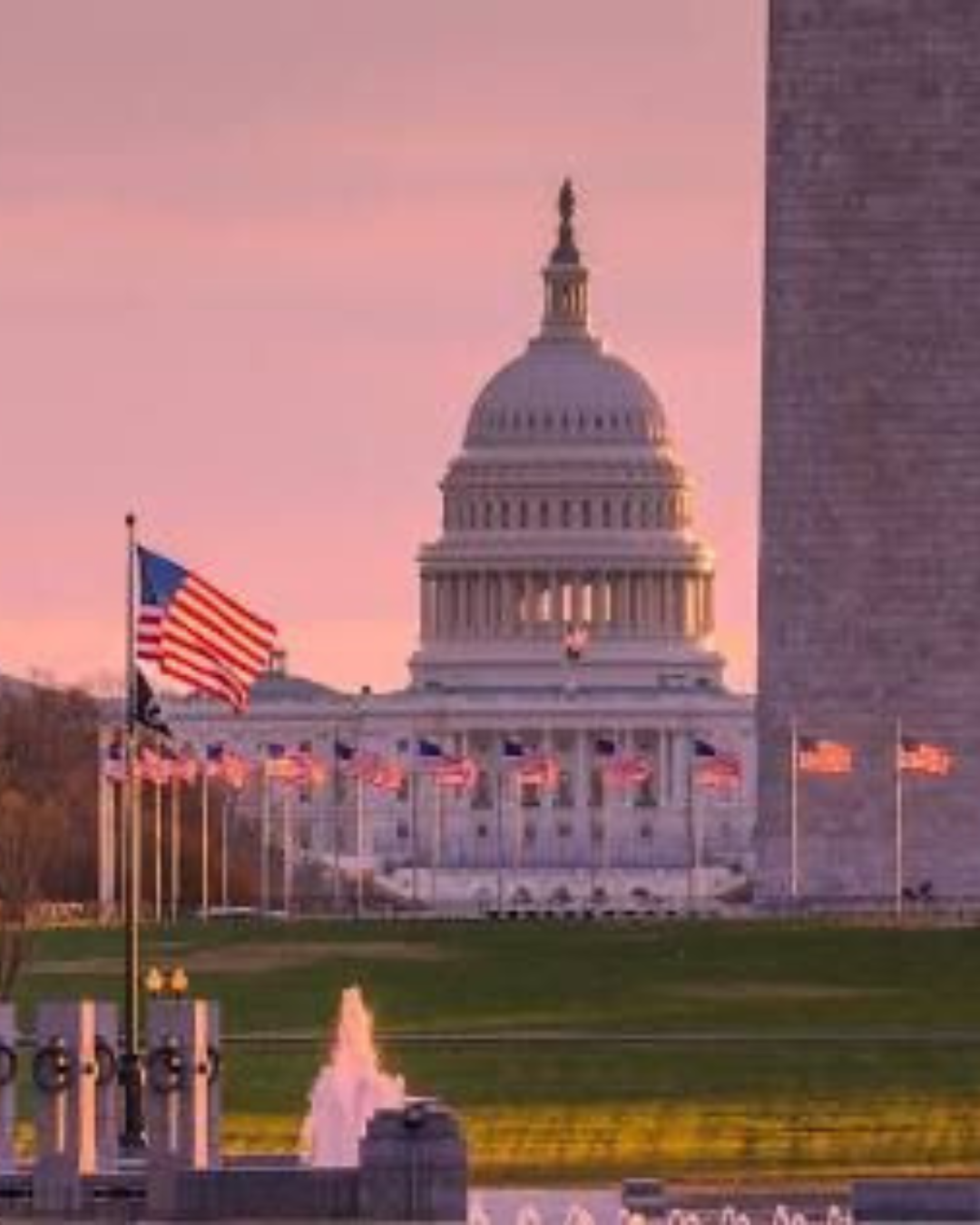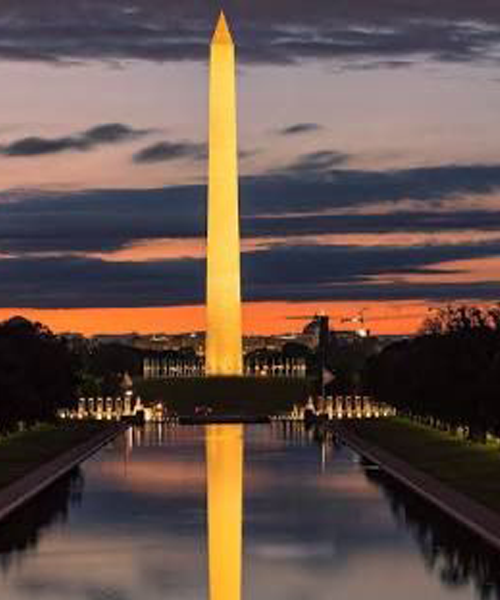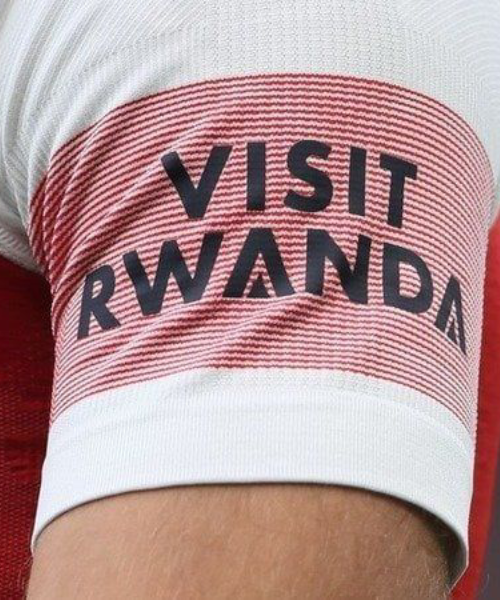Françoise Joly, a senior adviser to Republic of Congo President Denis Sassou-Nguesso, is under legal scrutiny in France for her alleged involvement in a complex money laundering scheme tied to the purchase of a private jet from French aerospace giant Dassault Aviation.
According to French investigative authorities, between 2021 and 2023, Joly is believed to have orchestrated the acquisition of a multi-million-euro Falcon jet through a network of opaque shell companies registered across multiple jurisdictions. The transactions have raised suspicions of financial impropriety, prompting anti-corruption prosecutors in Paris to expand an ongoing investigation into Dassault’s overseas sales and potential complicity in laundering public funds from Congo-Brazzaville.
Sources close to the French National Financial Prosecutor’s Office (PNF) revealed that the jet was purchased using funds suspected to have originated from Congolese public resources, funneled through offshore accounts and front companies to obscure their true origin. The investigation is examining potential violations of anti-money laundering laws and the “biens mal acquis” (ill-gotten gains) doctrine—a legal framework that enables France to prosecute foreign officials for corruption and embezzlement linked to assets acquired in France or through French entities.
Joly, who has served as a key diplomatic and economic adviser to President Sassou-Nguesso for several years, is considered a central figure in the case. While she has not yet been formally charged, judicial sources indicate she could face serious legal consequences if found complicit in laundering state funds or abusing her position to facilitate corrupt transactions.
The Dassault Aviation deal, now at the heart of the probe, adds a fresh layer of controversy to France’s longstanding political and economic ties with its former colonies in Africa. Dassault has denied any wrongdoing, stating in a press release that all its transactions were conducted in full compliance with French and international laws. However, the company confirmed it is cooperating fully with French authorities.
In Brazzaville, the government has not issued any official statement on the matter. The revelations have sparked criticism among civil society groups and opposition politicians, who accuse the Sassou-Nguesso administration of fostering a culture of impunity and enriching a small elite while much of the population remains in poverty.
“If proven true, this is yet another scandal that reflects the deep-rooted corruption within the Congolese political system,” said a spokesperson for the Congolese Human Rights and Anti-Corruption Coalition. “The people deserve accountability, not private jets funded by stolen resources.”
France has in recent years intensified enforcement of anti-corruption legislation, particularly in cases involving foreign public officials acquiring luxury assets on French soil or through French firms. The current probe into Joly and Dassault comes amid broader efforts by the French judiciary to tackle economic crimes linked to its historical ties in Africa.
Legal analysts note that, if charged, Joly could face prosecution under France’s extraterritorial anti-corruption statutes, which allow for the freezing and potential confiscation of assets linked to illicit enrichment—even if the crimes were committed abroad.
As the investigation deepens, questions are mounting about whether additional figures within the Congolese presidency or French corporate circles could be implicated.








